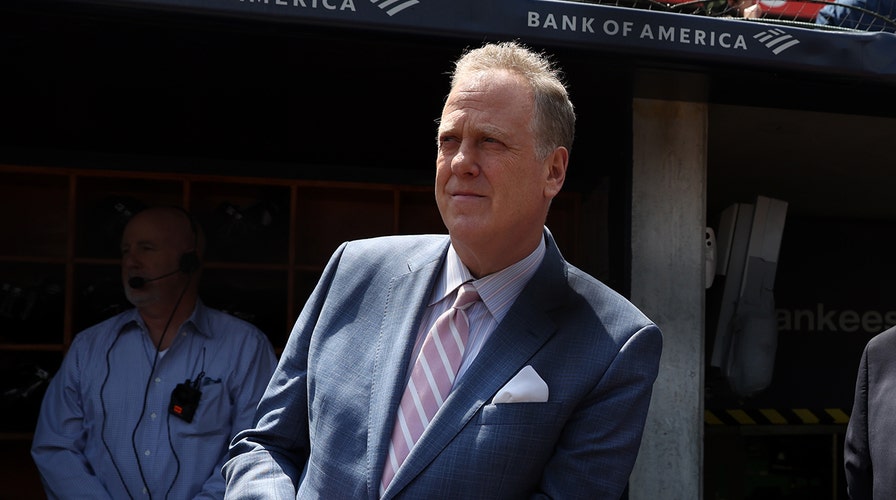Starmer pledges ‘wealth creation’ – but can his policies deliver it?
Sir Keir Starmer has cautioned voters his government’s first fiscal statement would be “short-term pain for long-term good”.


“I said before the election, and I say it again really clearly today: growth – and, frankly by that I do mean wealth creation – is the number one priority of this Labour government,” Sir Keir Starmer said.
Stated just moments into his first speech in the (in)famous No10 Rose Garden – watched by key aides, and now head of political strategy, Morgan McSweeney – the Prime Minister laid out what’s long been his top policy promise.
Getting the economy growing, topping the G7, creating jobs, supporting businesses and generating the rising living standards that could secure him a decade in power is, of course, a reasonable set of objectives for any Prime Minister.
To say nothing of McSweeney’s view that getting broken Britain functioning again also represents the solution to so-called “snake oil populism”, as Starmer put it.
But despite that insistence, an absence of immediate clarity – over taxes, over the upcoming Budget, and over the big picture approach to big business – opens the door to an obvious criticism. Just how does the PM plan to create wealth, and will his plan work?
Conspicuous hints – if not outright warnings – of future “pain”, “unpopular decisions” and “difficult trade offs” abounded. That £22bn black hole, he seemed to say, isn’t going to fill itself.
Rumours of an increase in capital gains tax, inheritance levies and even a specific duty on that nebulous word – wealth – weren’t cooled by the contents of his Downing Street address, which surely can only have been intentional.
And if anyone had somehow missed the flashing red warning lights, the alarm really should have begun ringing with the following lines.
“We have no other choice given the situation we’re in,” a dark-suited Starmer intoned amid the brambles. “So those with the broadest shoulders should bear the heavier burden.”
Laura Suter, AJ Bell’s personal finance director, dubbed it the “most compelling indication yet of which taxes could be on the table in the October Budget” and the “heavy pruning needed”.
Starmer cited “cracking down on non-doms” as his example, but refused to elaborate when quizzed by broadcasters on if he also meant “homeowners, shareholders and big business”.
His argument is for a bottom-up form of wealth generation, a country, he says, that “all of us have a stake in”. Proponents of free-market principles counter this vision with the assertion that you “cannot become wealthy by taxing wealth creators”.
Ultimately, the route Starmer’s government hopes will deliver them to that economic peak of ‘highest sustained growth in the G7’ is becoming clearer.
But also steadily growing louder is the echo of the unanswered question: “if it doesn’t work, what then?”



